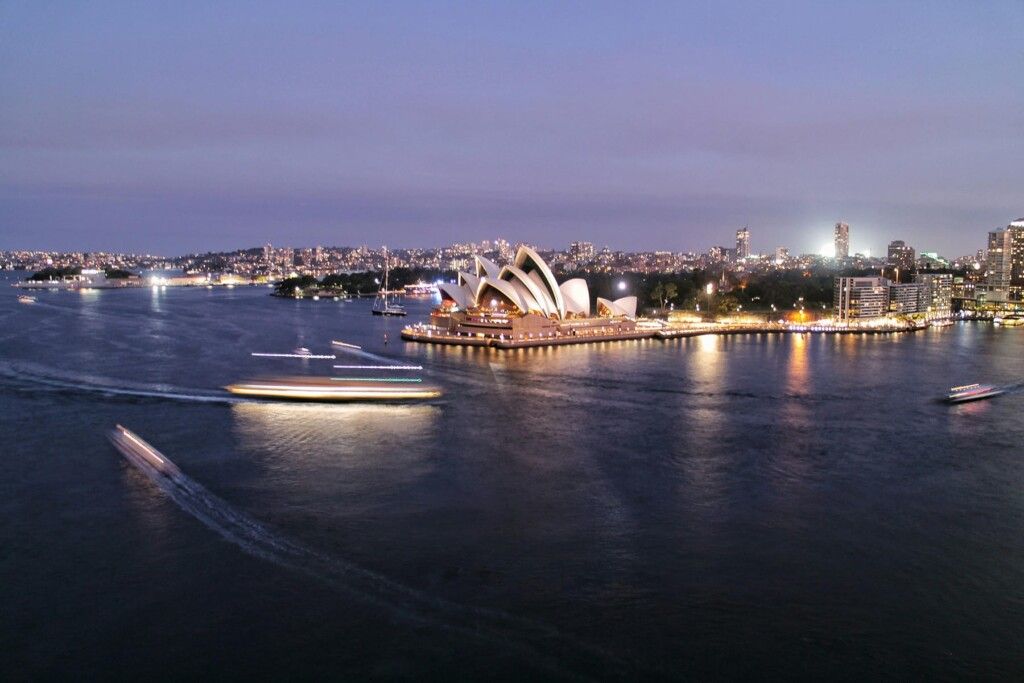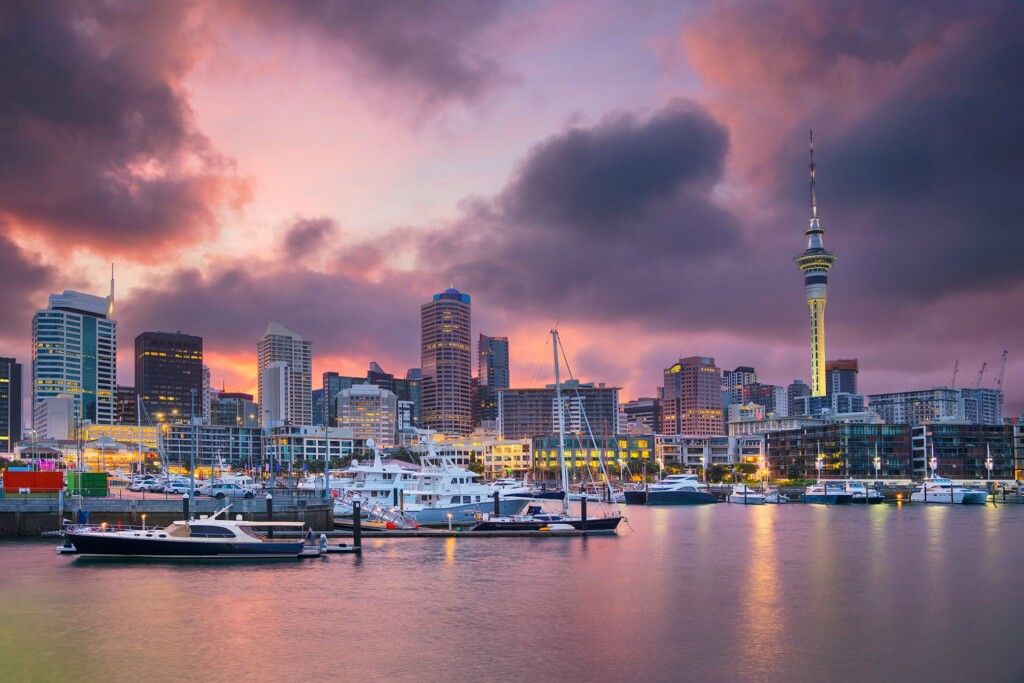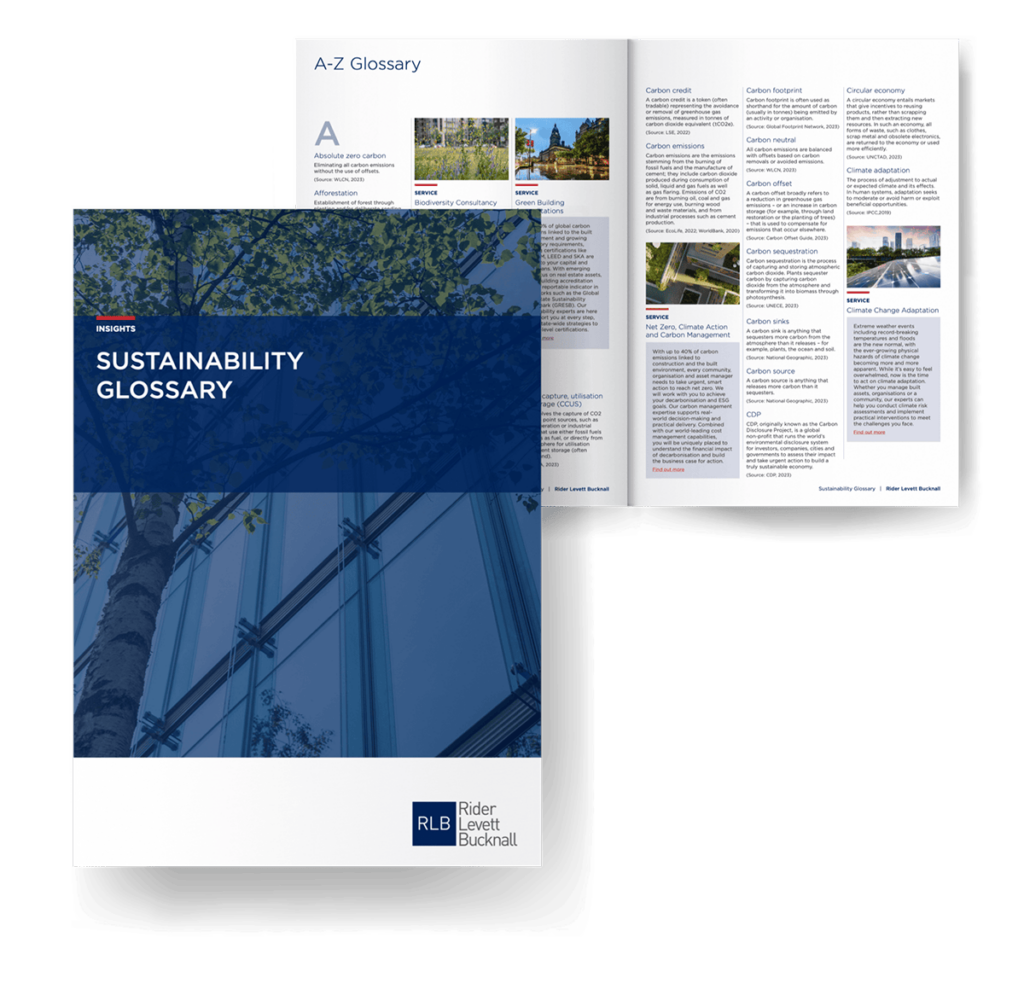With our grounding in the built environment, which accounts for almost 40% of global carbon emissions, we have the skills, knowledge and tools to maximise sustainability in the design, construction and management of buildings and spaces.
Under our strategy to become the sustainability consultant of choice to the built environment sector, we are building sustainability to be a core offering across all the industry sectors we serve. A key part of this effort is our increasing investment in our dedicated in-house Sustainability and Built Asset Consultancy teams, which have grown significantly over the past 12 months.
These specialist teams are active in all regions globally, supporting clients across the public and private sectors to improve their resilience in response to the climate emergency, and develop decarbonisation strategies and the tailored, integrated solutions needed to achieve them.
Our offering will be further strengthened with the imminent launch of new carbon reporting services to help organisations, wherever they are on their net zero journey, to meet their carbon reduction targets.
We are working towards this goal by reducing the carbon emissions that arise from our business activities, collaborating with our suppliers and industry peers to minimise our collective environmental impact, investing in carbon removals projects, reducing the material resources we use, and protecting nature and enhancing biodiversity.
We are currently assessing our baseline position in each location so we can identify the right plan to ensure we meet our commitments. To date, nearly 90% of our offices have completed the collection of emissions data and calculated their carbon footprint for the baseline year 2023.
We have already passed several major milestones. We have achieved carbon neutral accreditation in Australia and the UAE and Qatar, and net zero certification in New Zealand. Our Hong Kong office has obtained the Carbon Reduction Certificate from the Hong Kong Green Organisation Certification, and our Singapore office has received Eco Certification from the Singapore Environment Council.
In the UK, RLB has, for the first time, published an ESG report to set out the progress we have made. We recognise that to be a sustainable business means not just doing the right thing, but reporting openly and honestly to demonstrate compliance and benchmark our performance against others.
Eric Fong
Chairman,
RLB North Asia
eric.fong@hk.rlb.com


On World Environment Day, RLB Australia announced that it gained carbon neutral accreditation from the Carbon Reduction Institute (CRI).
To meet the requirements of the CRI’s NoCO2 programme, we commissioned an audit to measure the carbon emissions from our Australian operations. The CRI’s NoCO2 audit follows the standards outlined by the World Business Council for Sustainable Development’s Greenhouse Gas Protocol Corporate Accounting and Reporting Standard and ISO 14064.1.
“The transition to net zero is just that – a transition,” says Peter Tulla, immediate past RLB Oceania Board Chairman. “It will take time and will require a series of incremental steps. Our independent verification from the Carbon Reduction Institute is an important step.”
RLB has offset all unavoidable emissions under the Verified Carbon Standard and Gold Standard.
“The verification process gave us valuable insights into our carbon footprint and the steps we can take to further minimise emissions by changing behaviour and our procurement choices,” adds Peter.
“We are also sharing our learnings with other RLB offices as we support our Global Board’s commitment that each region will undertake independently verified carbon reporting by 2025.”

RLB has achieved net zero certification for all its offices in Aotearoa New Zealand.
We are now a Toitū net carbon zero certified organisation, having worked with New Zealand-based Toitū Envirocare to accurately measure our greenhouse gas emissions footprint and establish strategies to manage, reduce and offset its impacts.
An independent audit verified our results. We then offset any remaining unavoidable emissions through verified carbon credits to achieve carbon neutrality.
“We are passionate about reducing our carbon footprint and recognise our responsibility within the construction industry to play our part,” says Steve Gracey, RLB’s Managing Director in Auckland.
“As the largest independent quantity surveying business in Aotearoa New Zealand, and as a trusted cost consultant for major public and private projects, RLB is in lockstep with our clients on climate action.”
RLB’s operations and services in the UAE and Qatar have achieved carbon neutral status.
The accreditation process to achieve the NoCO2 certification involved a comprehensive analysis by the Carbon Reduction Institute of our carbon emissions, encompassing everything from energy consumption to transportation and waste management.
Through a strategic focus on reducing emissions, we were able to offset our remaining carbon footprint by investing in verified carbon offset projects, contributing to environmental initiatives that mitigate an equivalent amount of CO2.
“This accomplishment reflects our commitment to not only delivering excellence in our services but also ensuring that we operate as responsible corporate citizens,” says Sam Graham, Managing Director of RLB in the UAE and Qatar.
“This certification for our UAE and Qatar operations is another step on RLB’s journey to becoming net zero by 2030.”

Sustainability is a complex field, with many definitions and acronyms, and we have published a glossary to help clients, colleagues and stakeholders improve their knowledge and use clear and consistent terminology.
The glossary, which will be updated regularly, is reflective of all the markets we operate in around the world. It provides definitions of key terms, frameworks, organisations, certifications and legislation.
Project
Location